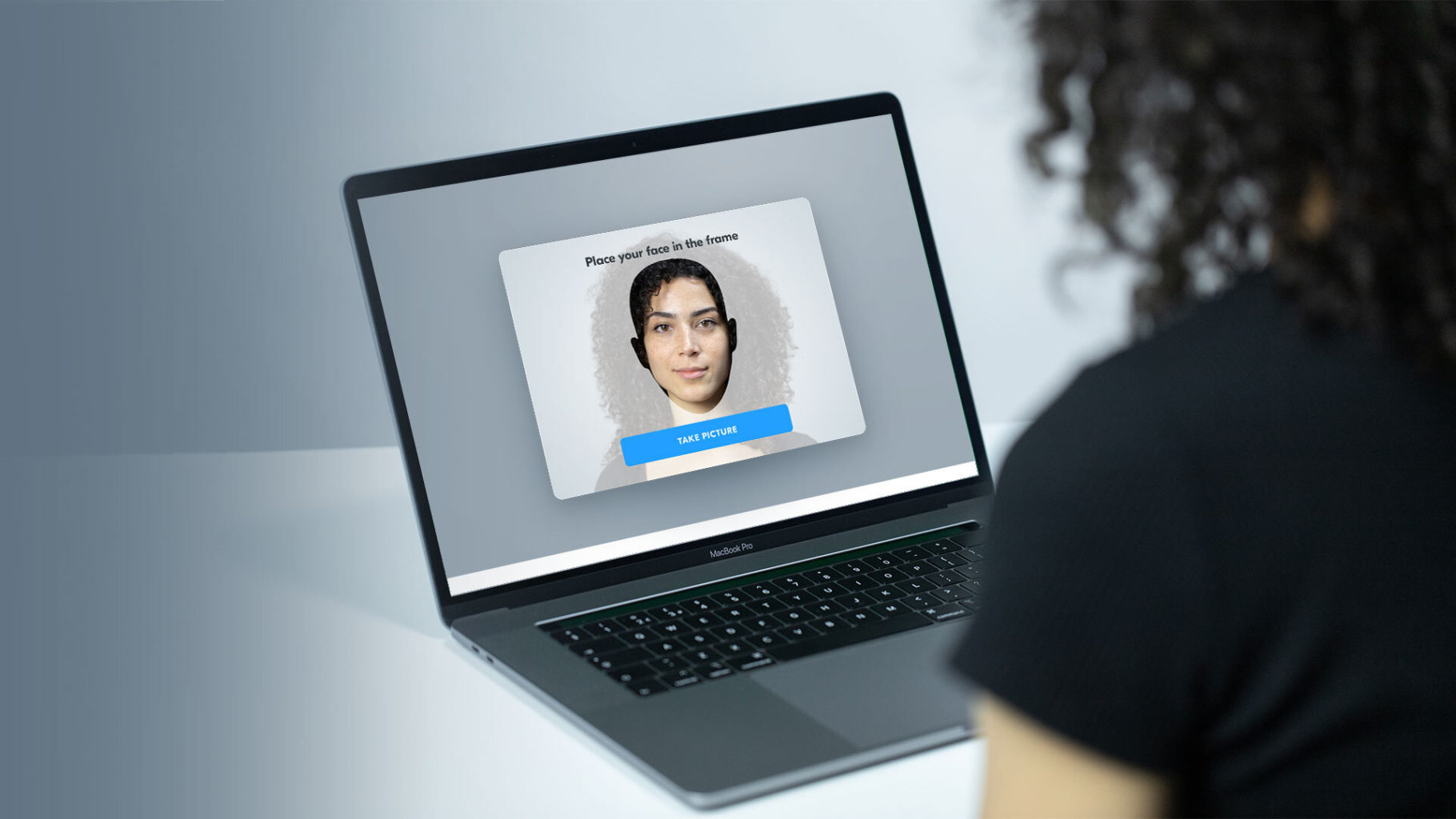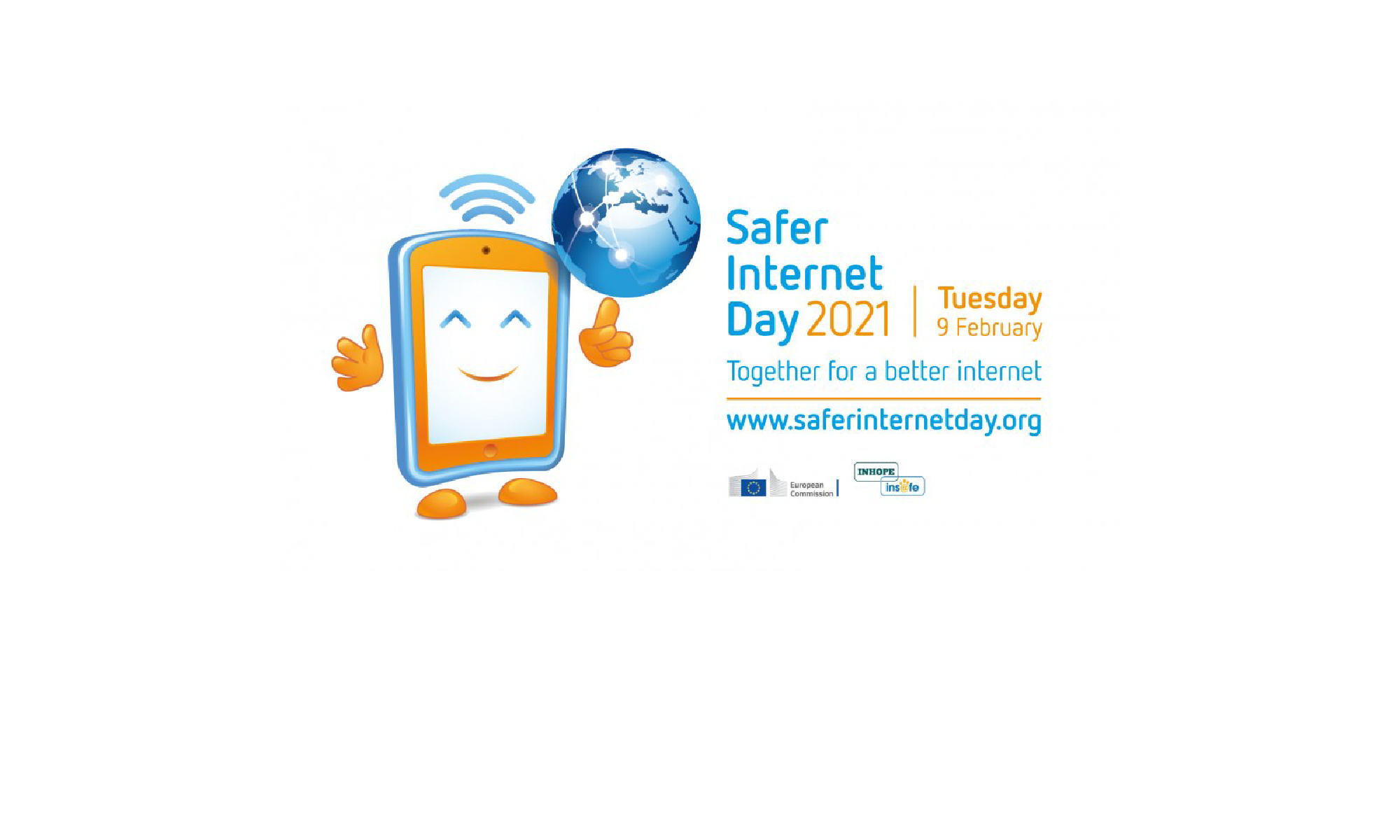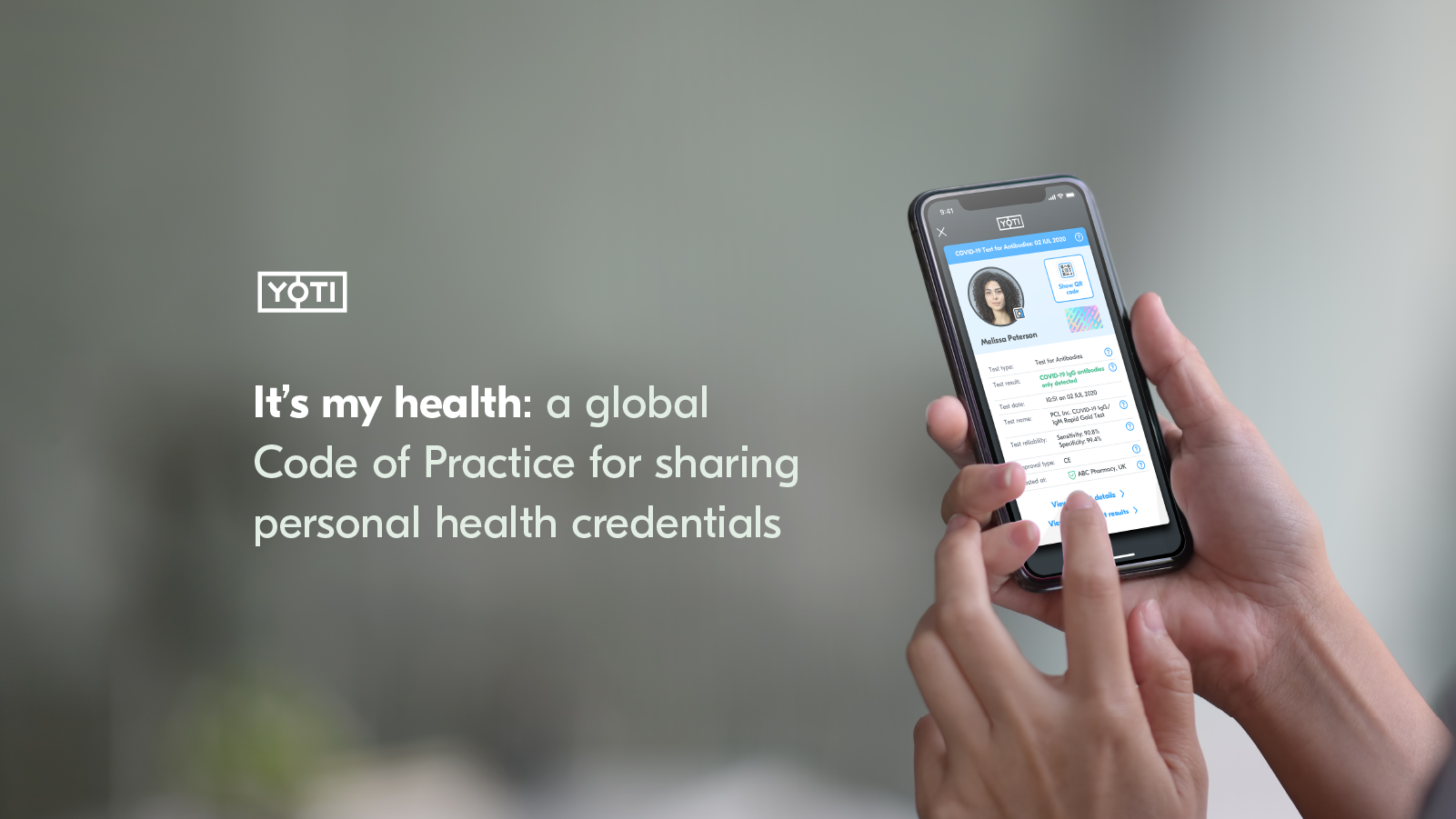Privacy-preserving facial age estimation
As a parent, one wants young people to thrive and access the best of the online world. But the ease with which very young people can stumble across or access restricted, inappropriate or explicit content concerns me greatly. In my role as Chief Regulatory and Policy Officer, I engage with regulators, businesses, politicians, charities and parents every day. I hear and read stories of young people who have been negatively impacted by what they have seen and experienced online; and see that whilst for many there are positive experiences, it is the vulnerable who are the hardest hit. It’s time
Our age assurance solutions are approved by German regulators KJM and FSM to protect young people online
We’re excited to announce that The Commission for the Protection of Minors in the Media (KJM) has approved our facial age estimation tool (formerly known as Yoti Age Scan) to be used in the German market to protect young people online. You can read the KJM press release here. This follows our approval from the German Association for Voluntary Self-Regulation of Digital Media service providers (FSM) in 2020, which allowed German people to use digital age estimation and age verification technology for the first time ever to access digital adult content. You can read the FSM seal text here.
Developing age estimation technology to tackle grooming online
Last month, Yoti Guardian Gavin Starks chaired our third stakeholder roundtable on the next proposed stage of the development of our age estimation technology. We brought together fifty five guests from seven countries, including representatives from 5rights, Apps for Good, Be In Touch South Africa, Breck Foundation, Caribou Digital, CyberSafeIreland, Digital Policy Alliance, FSM Germany – Freiwillige Selbstkontrolle Multimedia-Diensteanbieter, GoBubble, IEEE, Interactive Software Federation of Europe, International Committee of the Red Cross, Internet Commission, Internet Watch Foundation, Irish Data Protection Commission, Keele University, KJM German Federal Agency for the Protection of Minors, London School of Economics,
Helping to protect kids this Safer Internet Day and beyond
Ahead of the Age Appropriate Design Code, many companies are looking at how to provide age-appropriate services, messaging, content and, crucially for parents, how to deter grooming. We are working in the ICO Sandbox with partners including child-content moderation SaaS GoBubble (GoBubbleWrap), to further develop our privacy-preserving age estimation technology so that it can accurately estimate the age of children under 13. This vital ICO Sandbox partnership will offer child-centric content moderation with global scalability on a Software as a Service (SaaS) basis. This will include privacy information and accessible parental consent mechanisms, including the option
It’s my health: a global Code of Practice for sharing personal health credentials
As governments across the globe look to ease the restrictive measures placed on individuals during the COVID-19 pandemic, the need for a secure way to share personal health information has become clear. Individuals that present reasonable evidence that they pose a low risk of transmitting the COVID-19 (either they have recovered or have a recent test indicating they’re not currently infected), need a secure and trustworthy way of proving this information in order to return to work, board a flight or return to some specific, limited access venues and activities. We believe that abiding by a Code of Practice is
Good Practice Guide (GPG) 45
At the end of 2019, the GPG (Good Practice Guide) 45 was updated by the GDS (UK Government Digital Services). The guidance on how to check and verify someone’s identity now reflects new methods, such as reading the biochip in ID documents, such as an e-passport. The GPG 45 is also technology neutral as it is out-comes focused, rather than process-focused. As a digital identity provider, we help organisations meet low and medium levels of assurance when checking identity, and we can also support organisations that need to meet a high level. We’re looking forward to the imminent publication of






